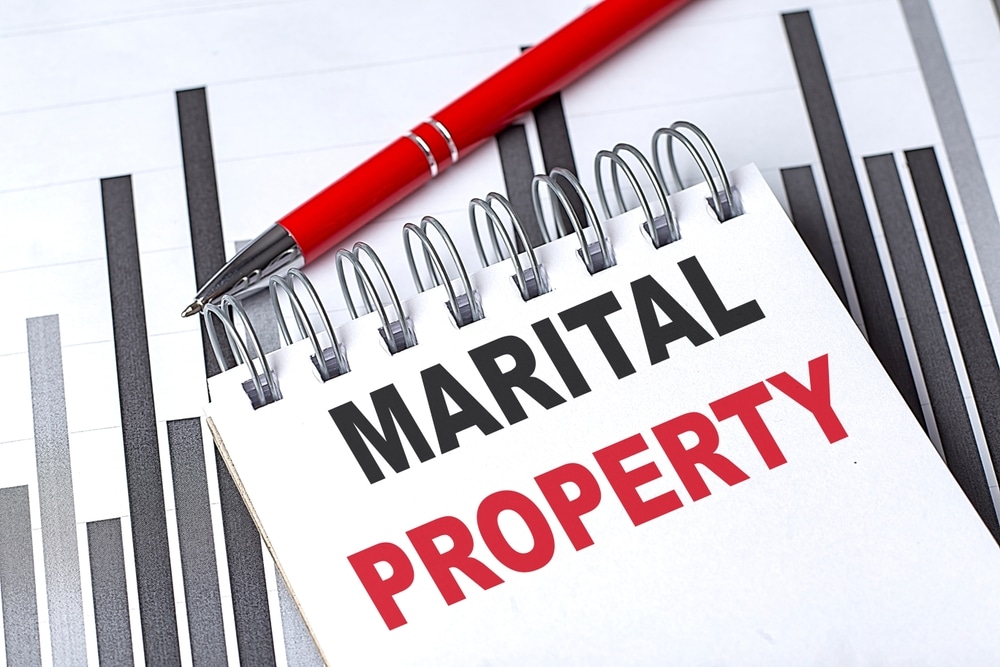At Bruning & Associates, P.C., our legal professionals know that property division is one of the most contentious issues in a divorce, especially when significant assets are involved. Couples in high-asset divorces often have complex financial portfolios that include real estate, investments, retirement accounts, and family-owned businesses. Understanding what qualifies as marital property versus non-marital property is crucial to ensure a fair and equitable distribution of assets. Without clear knowledge of these distinctions, you risk losing property that legally belongs to you or receiving less than you deserve during the divorce process.
Illinois follows the principle of equitable distribution, which means that marital property is divided fairly but not necessarily equally. Under 750 ILCS 5/503(a) et seq., marital property generally includes all assets and debts acquired by either spouse during the marriage, regardless of who holds the title. However, non-marital property, defined under 750 ILCS 5/503(a)(1)-(8) et seq., typically includes assets owned by one spouse before the marriage, property received as a gift or inheritance, property acquired after a legal separation, and any property excluded by a valid prenuptial or postnuptial agreement.
Problems often arise when marital and non-marital property become commingled. For example, if one spouse deposits inherited funds into a joint account or uses non-marital funds to improve marital property, those assets may lose their separate status unless clear tracing can be established. During a high-asset divorce, disputes often focus on whether an asset is marital or non-marital and how its value should be determined for division.
As your divorce attorneys, we work to identify, value, and classify all assets to protect your interests. We gather financial records, engage forensic accountants when needed, and present strong legal arguments supported by Illinois law to ensure that property is divided fairly and according to the law.
Frequently Asked Questions About Marital And Non-Marital Property In Illinois
How Does Illinois Law Define Marital Property?
Under 750 ILCS 5/503(a) et seq., marital property includes all assets and debts acquired during the marriage, regardless of which spouse’s name appears on the title. This includes earnings, real estate, vehicles, retirement accounts, and other property purchased while married.
What Qualifies As Non-Marital Property In Illinois?
Non-marital property typically includes assets owned by one spouse before the marriage, property acquired by gift or inheritance to one spouse alone, property acquired after a legal separation, or assets excluded by a prenuptial or postnuptial agreement under 750 ILCS 5/503(a)(1)-(8).
Can Non-Marital Property Become Marital Property?
Yes, if non-marital funds are commingled with marital funds or used for marital purposes, they may lose their separate status. For example, using an inheritance to make improvements on the marital home can lead to disputes over whether that money should now be treated as marital property.
How Are Retirement Accounts Divided In Illinois Divorces?
Retirement benefits earned during the marriage are considered marital property under 750 ILCS 5/503(b)(2) and are subject to equitable division, even if the account is in one spouse’s name only. Benefits earned before marriage may remain non-marital, but clear documentation is necessary.
Does A Prenuptial Agreement Override Marital Property Rules?
Yes. If there is a valid, enforceable prenuptial or postnuptial agreement under 750 ILCS 10/1 et seq., specific property may be excluded from the marital estate, protecting it from division during divorce proceedings.
How Are Debts Classified In A Divorce?
Debts acquired during the marriage are typically considered marital obligations, even if only one spouse’s name appears on the account. Non-marital debts are usually those incurred before marriage or after a legal separation.
Can Appreciation On Non-Marital Property Be Divided?
If marital efforts or funds contributed to the increase in value of non-marital property, the other spouse may be entitled to reimbursement or a share of that appreciation under 750 ILCS 5/503(c)(2).
Call Bruning & Associates, P.C. For Skilled Representation In High-Asset Divorces
Property classification and division in Illinois divorces can be highly complex, particularly in high-net-worth cases. At Bruning & Associates, P.C., we use our experience and knowledge of Illinois divorce law to protect your financial future and ensure your property rights are upheld. We represent clients throughout Chicago, Crystal Lake, and Schaumburg in all aspects of divorce, property division, and asset protection.
To schedule a free consultation with the Chicago divorce attorney at Bruning & Associates, P.C., simply call (815) 455-3000. Let us help you understand your rights and pursue a fair division of marital and non-marital property under Illinois law.



